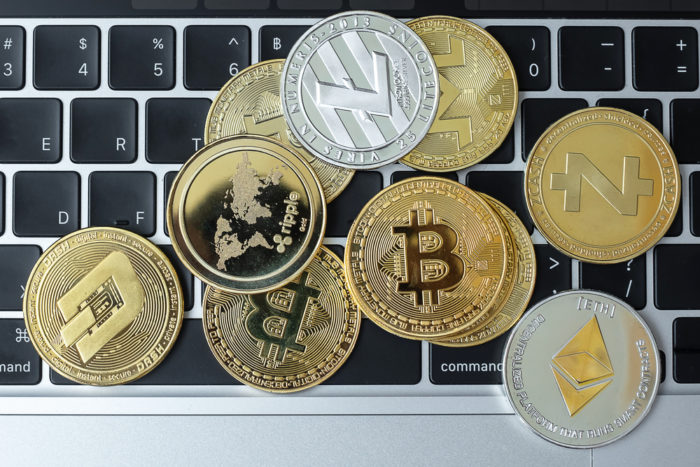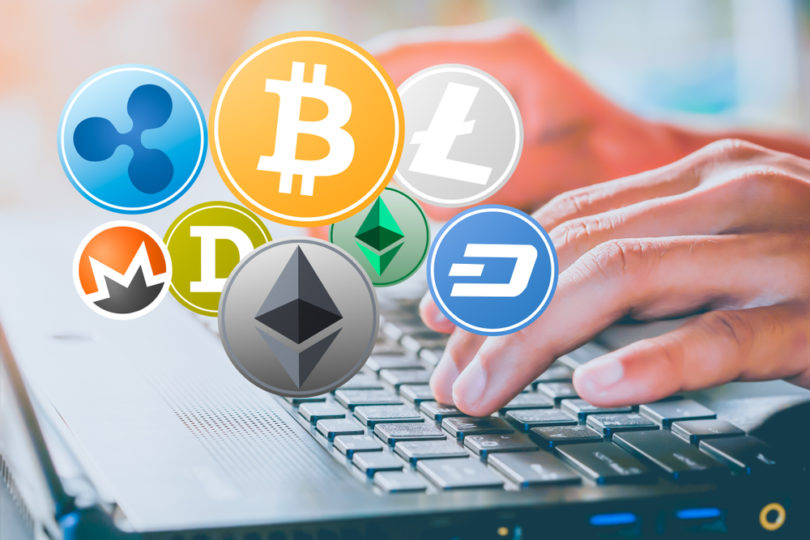Cryptocurrencies are considerably so much more than just extra income, but few beginner traders are familiar with the technologies that underpin the real worth of digital currencies like Bitcoin, Ethereum, Cardano, Dogecoin, and plenty of others.
Although they are all officially “cryptocurrencies” functioning on one blockchain technology or another, each one provides a different solution to a unique issue and generates its valuation in a variety of methods.
The marketplace for cryptocurrencies may reach $3 trillion within the next few years, as per a study done by Bakkt Holdings, a virtual asset finance business.
It has already surpassed the $2 trillion barriers before falling significantly to $1.96 trillion last August. This industry is booming, and it is definitely worth taking a cryptocurrency course in 2021.
Blockchain Revolutionizes Financial Markets
Blockchain is expected to become one of the major technological developments of the twenty-first century, particularly in the financial and banking sectors.
According to a recent study of financial professionals from across the globe, 24% of individuals are accustomed to distributed ledger innovations, whereas Global Fintech research from 2017 predicted that by 2020, 77% of banks and financial institutions will have used blockchain as a component of their platforms or processes.
Although the incorporation of blockchain technology into the banking markets eliminates most of the technology’s transformational capability, it’s essential to note that banks are utilizing it to improve customer experience.
Blockchain is reliable, encrypted, and decentralized, and it eliminates the possibility of human mistakes or intentional deception. According to some IT experts, emerging blockchains will be almost untraceable, offering them a highly appealing choice for financial organizations that must protect their clients’ wealth and confidential data.
Appealing Currency

Many people are drawn to cryptocurrency because it is still mostly uncontrolled and decentralized. Bitcoin, the world’s first virtual money, debuted in 2008, soon just after the Wall Street meltdown.
There was substantial speculation that financial institutions had mishandled taxpayers’ money, perpetrated extensive frauds, and then received government protection.
Many people were disappointed at the time, and many still are. Bitcoin provided an alternate method of payment that could not be influenced or regulated by a central authority. Others have been drawn to it because of its confidentiality.
Users’ personal information is kept private, and most digital currencies may be transmitted anywhere in the globe without the use of a middleman.
Going Mainstream
Crypto is allowing a multitude of individuals across the world to enter online technology, and with large organizations like Facebook becoming entangled, it appears that blockchain technology and cryptocurrencies are on their way to becoming widespread.
Cryptocurrency and blockchain are still in their early stages. Since the concept is just a decade old, there seems to be a lot of ambiguity as to what the potential of virtual money will be like.
As a result, the studies were always garnering momentum in academia, although training, especially virtual classrooms, courses, degrees, and diplomas within this field are available in many institutions and are growing in numbers.
So sign up for a course now!


